-
E-mail
Austin120521@outlook.com -
E-mail
sales@jujiuhouse.com -
Telephone
+86-17864099991 -
Telephone
+86-17854044442
- Chinese
- French
- German
- Portuguese
- Spanish
- Russian
- Japanese
- Korean
- Arabic
- Irish
- Greek
- Turkish
- Italian
- Danish
- Romanian
- Indonesian
- Czech
- Afrikaans
- Swedish
- Polish
- Basque
- Catalan
- Esperanto
- Hindi
- Lao
- Albanian
- Amharic
- Armenian
- Azerbaijani
- Belarusian
- Bengali
- Bosnian
- Bulgarian
- Cebuano
- Chichewa
- Corsican
- Croatian
- Dutch
- Estonian
- Filipino
- Finnish
- Frisian
- Galician
- Georgian
- Gujarati
- Haitian
- Hausa
- Hawaiian
- Hebrew
- Hmong
- Hungarian
- Icelandic
- Igbo
- Javanese
- Kannada
- Kazakh
- Khmer
- Kurdish
- Kyrgyz
- Latin
- Latvian
- Lithuanian
- Luxembou..
- Macedonian
- Malagasy
- Malay
- Malayalam
- Maltese
- Maori
- Marathi
- Mongolian
- Burmese
- Nepali
- Norwegian
- Pashto
- Persian
- Punjabi
- Serbian
- Sesotho
- Sinhala
- Slovak
- Slovenian
- Somali
- Samoan
- Scots Gaelic
- Shona
- Sindhi
- Sundanese
- Swahili
- Tajik
- Tamil
- Telugu
- Thai
- Ukrainian
- Urdu
- Uzbek
- Vietnamese
- Welsh
- Xhosa
- Yiddish
- Yoruba
- Zulu
- Kinyarwanda
- Tatar
- Oriya
- Turkmen
- Uyghur

Buy fold out homes
Why Buy Fold Out Homes?
Buying fold out homes is gaining popularity for those seeking flexible and innovative housing solutions. But what makes these structures so appealing, and are they worth the investment? In this piece, I’ll delve into practical insights and experiences, sharing both the allure and the challenges these homes present. Whether you're a minimalist enthusiast or someone curious about compact living, here’s what you really need to know before making a decision.
The Allure of Flexibility
One of the main attractions of fold out homes is their remarkable flexibility. Compared to traditional housing, these structures offer unique adaptability. I first encountered them during a project in a densely urbanized area, where space was a premium. The ability to compactly fold and unfold these homes revolutionized how we thought about space usage.
These homes aren't just flexible in form; their uses are equally diverse. From vacation retreats to disaster relief shelters, the applications are vast. On site at Shandong Jujiu Integrated Housing Co., Ltd., I witnessed their streamlined processes of design and installation, which highlighted just how versatile these homes can be. Check out their detailed offerings at SHANDONG JUJIU INTEGRATED HOUSING CO, LTD.
However, envisioning flexibility without understanding limitations can lead to misjudgments. Challenges such as zoning regulations and local building codes are real and must be navigated carefully. During an installation in a suburban area, unexpected regulatory hurdles delayed the project by months, emphasizing the importance of thorough research.
Cost: Savings and Hidden Expenses
Cost efficiency is frequently cited by enthusiasts when advocating for fold out homes. Indeed, the initial investment can be significantly lower than traditional housing alternatives. This was glaringly apparent during a recent deployment in a cost-sensitive community project where traditional builds were financially impractical.
However, potential buyers should remain vigilant about hidden costs. I recall a case where unexpected logistics expenses cropped up, driven by accessing remote sites with large structures. While the homes themselves were cost-effective, these additional expenses surprised many stakeholders.
Interestingly, companies like Shandong Jujiu Integrated Housing have adapted strategies to optimize costs. Their integrated approach, encompassing everything from R&D to installation, can mitigate such financial surprises, a model which I found particularly efficient when scrutinizing total project budgets.
Design and Customization
Customization is a vital factor when considering fold out homes. Buyers often imagine a base model akin to a blank canvas, ready to be tailored to individual preferences. This extent of personalization has been exceptionally well-received during client consultations.
Yet, it's crucial to manage expectations. Not all design wishes translate easily into reality. A colleague's ambitious eco-friendly design met structural limitations, teaching us that while customization is promising, it has its boundaries.
Fortunately, Shandong Jujiu Integrated Housing offers a diverse range of design options, balancing aesthetics with structural integrity. Their expertise in steel structure engineering certainly helps in fulfilling creative visions without compromising safety or functionality.
Durability and Maintenance
Durability is often questioned by skeptics of fold out homes. Indeed, it’s a fair concern to wonder if these homes can withstand diverse climates and conditions. My fieldwork experience in areas prone to harsh weather proved revealing; despite initial doubts, many of these homes demonstrated remarkable resilience.
However, regular maintenance is non-negotiable. Neglect leads to rapid deterioration, undermining any presumed savings. A visit to an inadequately maintained site illustrated this harsh reality, but also underscored the importance of proper upkeep schedules.
Companies like Jujiu remain proactive, educating clients about maintenance and offering support services. Their approach reassures clients and ensures that the homes deliver their promised longevity, enhancing long-term satisfaction.
Integration with Technology
Integrating technology with fold out homes further enhances their appeal. Smart technology solutions can be incorporated, making these homes not only efficient in space but also intelligent in operation. During a recent conference, I explored various tech applications that make these compact homes even more futuristic.
There’s a caveat, though. The technology’s complexity must align with users' technological aptitude. Overly complex systems can become counterproductive—a lesson we learned during a trial period with a less tech-savvy client group.
Shandong Jujiu Integrated Housing is at the forefront, seamlessly merging technology with structural design. By prioritizing user-friendly systems, they cater to a broader demographic, ensuring that the benefits of fold out homes are accessible to all.
Related products
Related products
Best selling products
Best selling products-
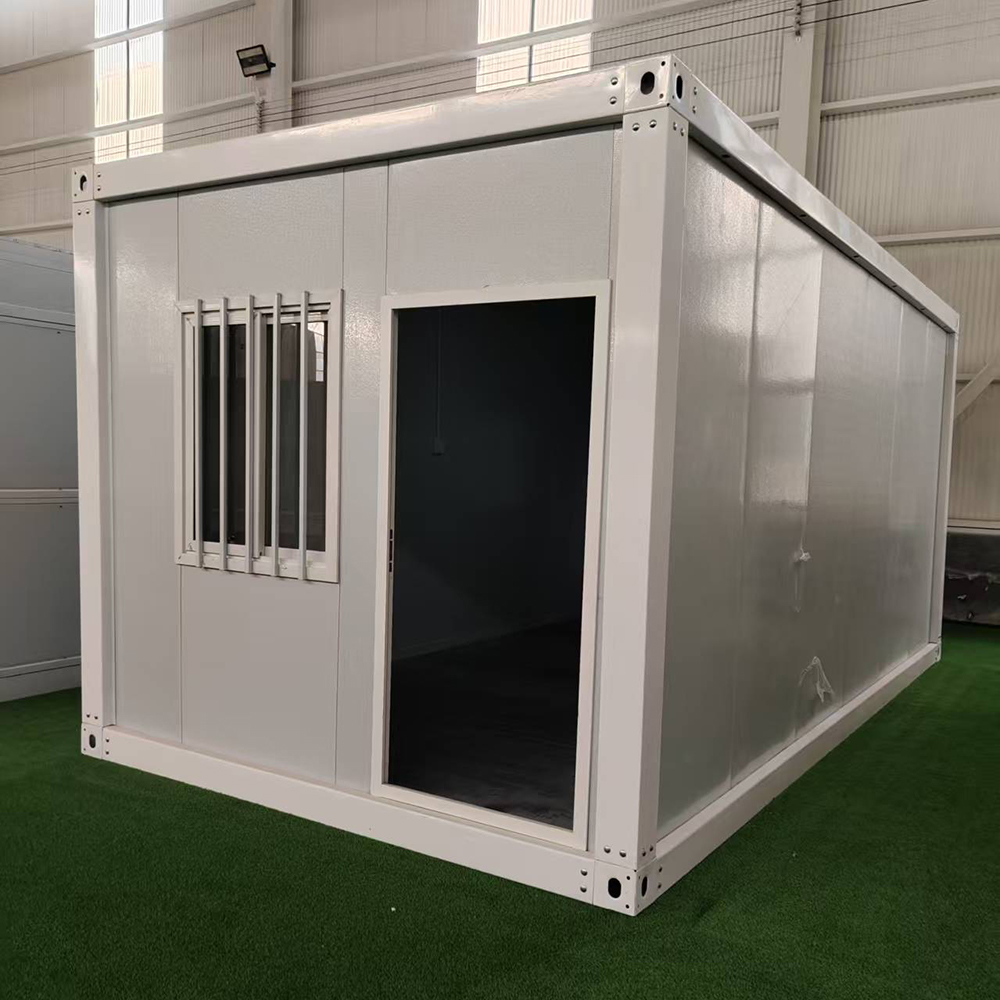 Folding Container Moving House Modular Office Container House Prefab Container for Outdoor Use
Folding Container Moving House Modular Office Container House Prefab Container for Outdoor Use -
 The foldable container house with side wing design can be quickly set up and is suitable for various environments.
The foldable container house with side wing design can be quickly set up and is suitable for various environments. -
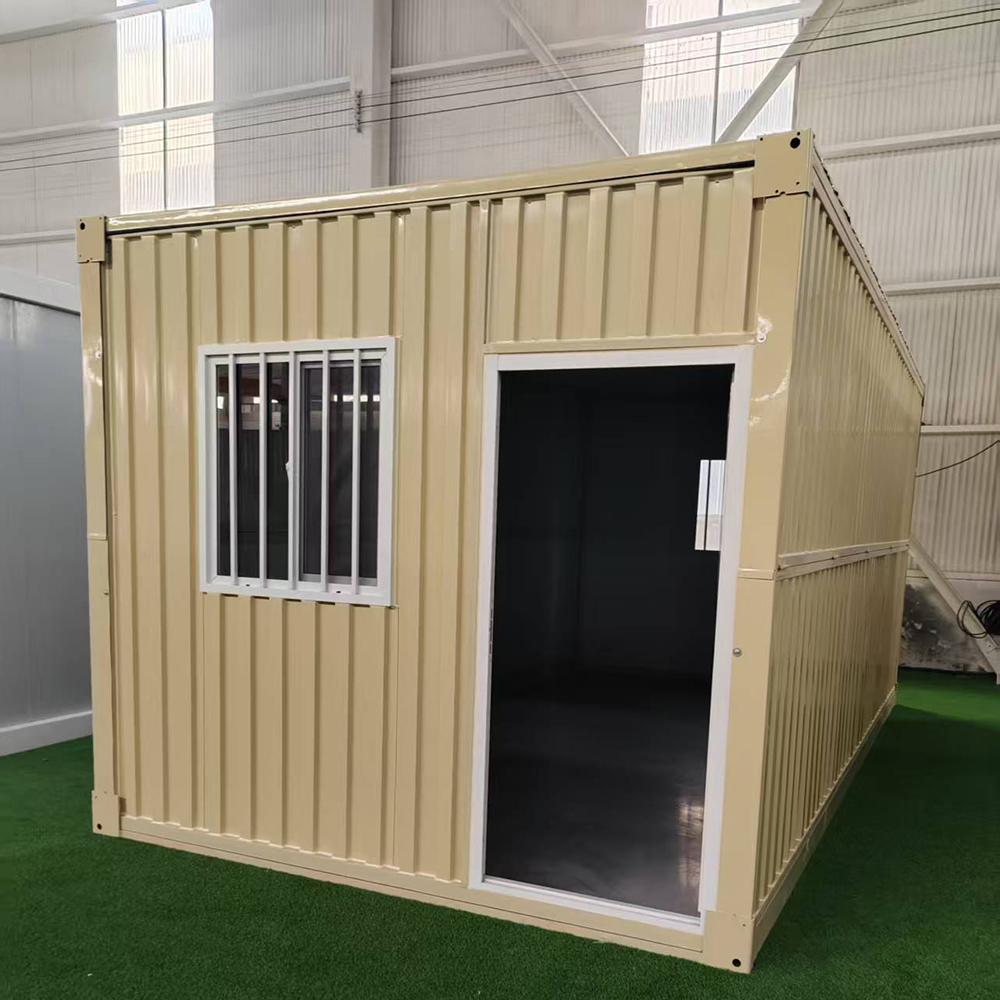 Competitive Price Portable Container House Foldable Container Mobile Living Modular Homes
Competitive Price Portable Container House Foldable Container Mobile Living Modular Homes -
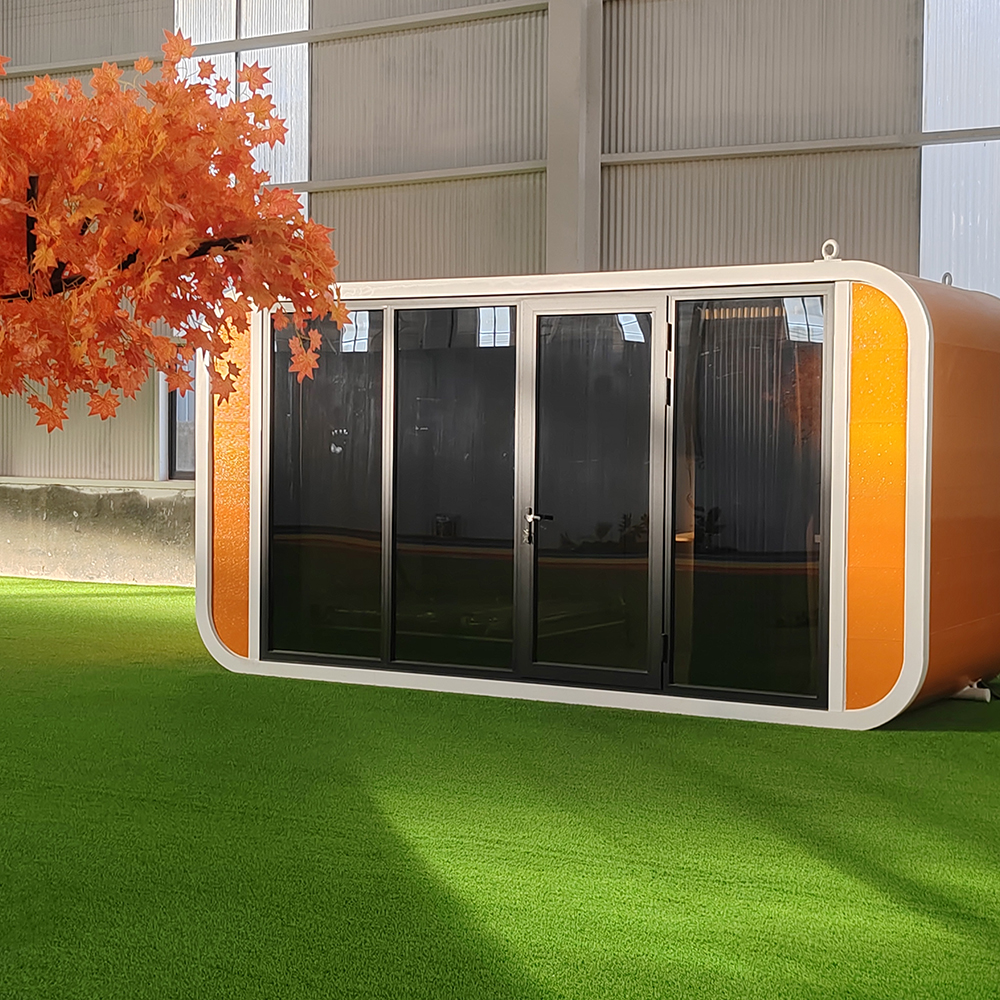 Luxury Prefabricated Living Container House Modular Glass Tiny House Prefab Container Home Apple Cabin
Luxury Prefabricated Living Container House Modular Glass Tiny House Prefab Container Home Apple Cabin -
 Waterproof folding container house – mobile accommodation for campsites/scenic spots
Waterproof folding container house – mobile accommodation for campsites/scenic spots -
 A container house with a terrace and double-wing folding design, suitable for various purposes such as offices, meeting rooms, living rooms, etc.
A container house with a terrace and double-wing folding design, suitable for various purposes such as offices, meeting rooms, living rooms, etc. -
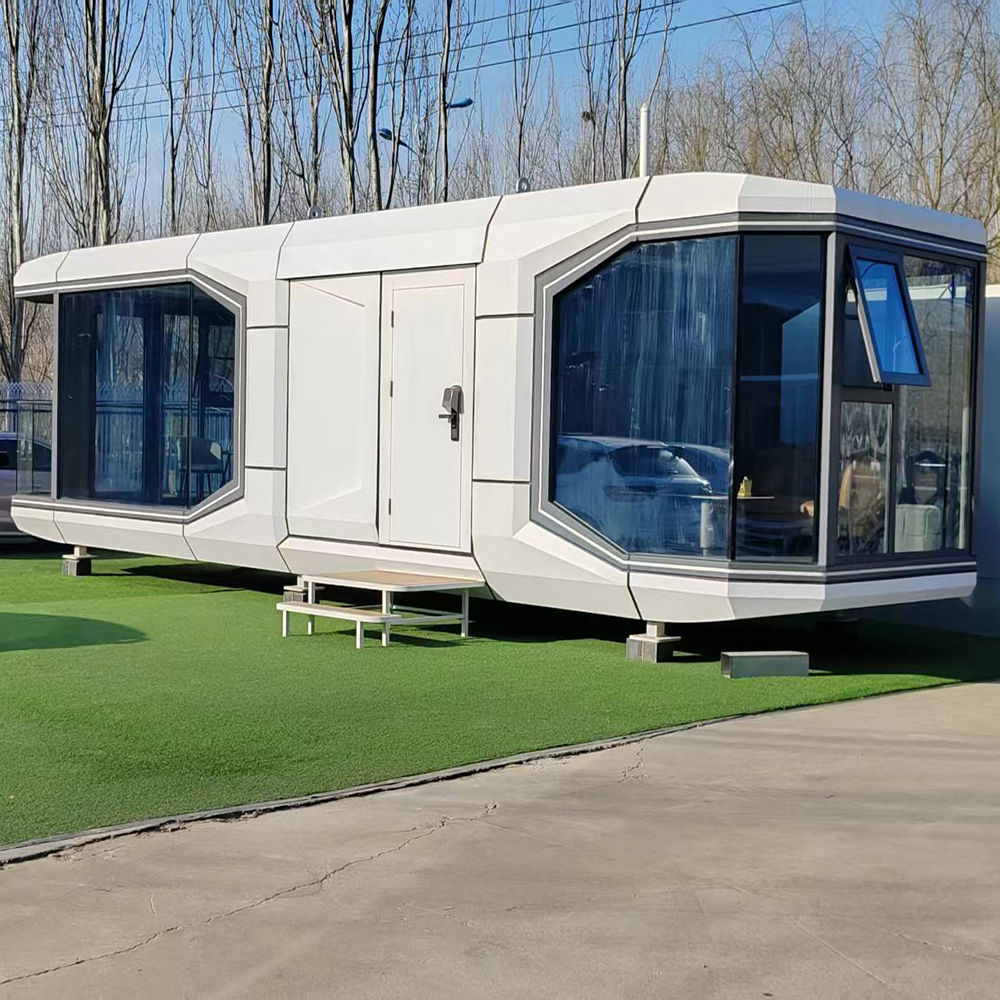 Luxury High Quality 2 Bedroom Container Home Prefabricated Steel Space Capsule for Office Shop Hotel or Outdoor House
Luxury High Quality 2 Bedroom Container Home Prefabricated Steel Space Capsule for Office Shop Hotel or Outdoor House -
 Movable Prefabricated Container House Villas Modular Portable Homes 1 Bedroom Container House Offices Apartments
Movable Prefabricated Container House Villas Modular Portable Homes 1 Bedroom Container House Offices Apartments -
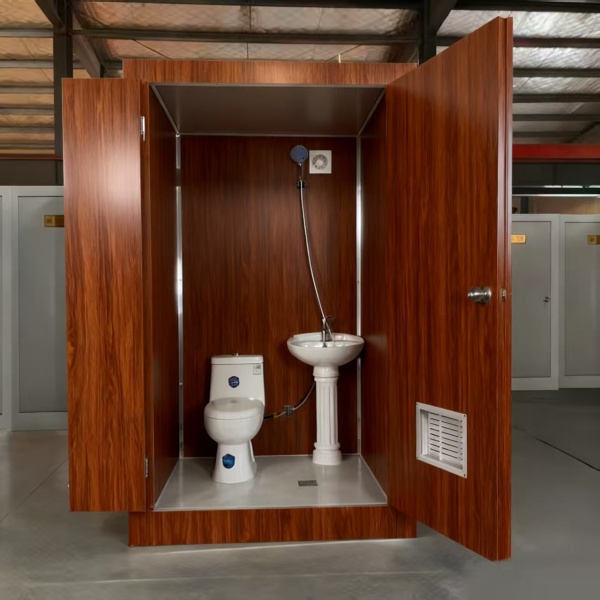 Portable outdoor camping bathroom, mobile toilet, prefabricated modular villa & rental of outdoor and indoor showers
Portable outdoor camping bathroom, mobile toilet, prefabricated modular villa & rental of outdoor and indoor showers -
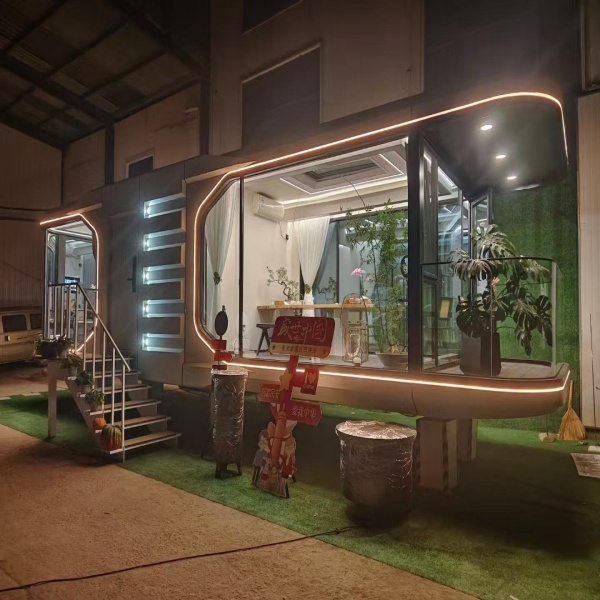 Outdoor ecological capsule rooms, luxury pods, space capsule hotel rooms, prefabricated space capsules, container houses
Outdoor ecological capsule rooms, luxury pods, space capsule hotel rooms, prefabricated space capsules, container houses -
 Luxury Foldable Two Story Container House for Glamping Resort and Villa Hotel
Luxury Foldable Two Story Container House for Glamping Resort and Villa Hotel -
 A container house with a terrace and double-wing folding design, suitable for various purposes such as offices, meeting rooms, living rooms, etc.
A container house with a terrace and double-wing folding design, suitable for various purposes such as offices, meeting rooms, living rooms, etc.
Related search
Related search- new spire prefabricated container house
- expandable container house
- China apple mountain cabins
- luxury expandable house container house family home
- price folding container house with toilet
- Buy apple cabin tiny home
- Buy a folding house
- Buy cabins near apple barn
- Buy prefabricated house container
- China expandable container house with solar energy










